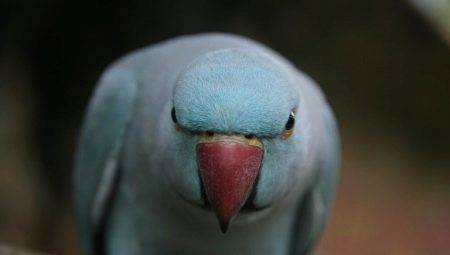Quite often, parrot owners complain that the pets began to bite them. The reasons for this behavior can be different, the main thing is to correctly solve them. Then it will be easier to wean, and to build a line of the correct reaction will not be difficult.
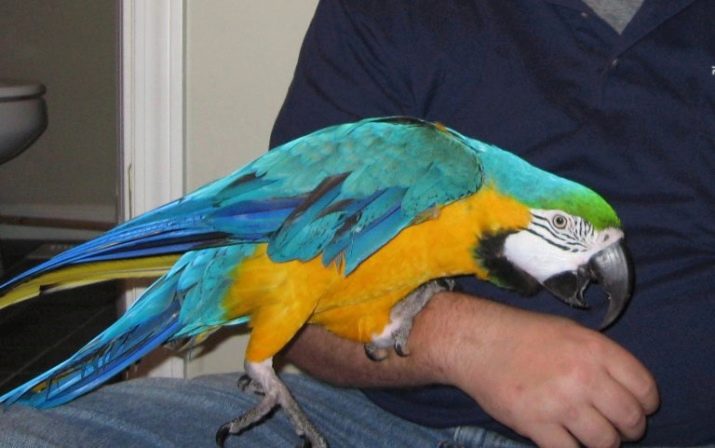
Causes
Parrots - birds are emotional, noisy, but at the same time very intelligent and intelligent. Just like that, “from nothing to do”, they will not bite the owners - there will certainly be some reason.
- Fright. A sudden sound or sudden movement can frighten a bird with its suddenness, and it will react with a bite.
- Protecting your territory or (during the mating season) nests.
- Undeserved resentment.
- Dissatisfaction with host behavior. For example, if the bird does not have enough attention, in this way he may try to attract him.
- Character. This also should not be discounted - malicious, hooligan parrots can be so entertained. In this case, you need to pay special attention to education.
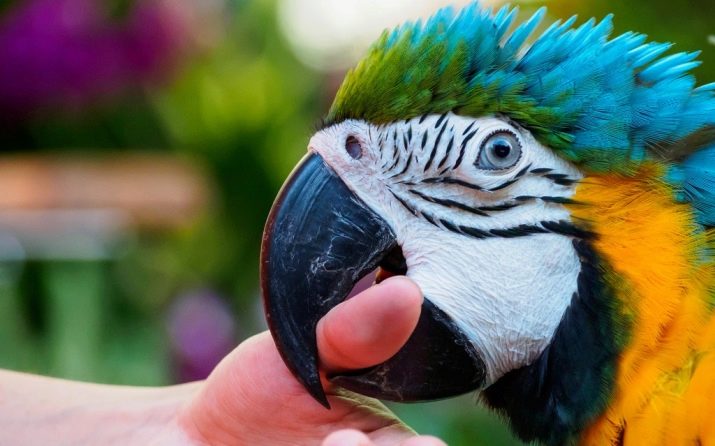
Sometimes even calm, well-bred birds can behave inappropriately (from the point of view of the owners). If the parrot began to bite, you first need to find out what is bothering him. This may be natural for the mating season, nervousness, irritability, desire to protect their territory and nest - so you need to clearly know when such a period occurs in the feathered pet. For budgies, this behavior means they are ready to start a family.
Perhaps the pet is not feeling well and in this way draws the attention of the owner to his malaise. Then it must be shown to a specialist in order to fix the problems in time.
Young parrots can thus explore the world around them. In general, the beak of these birds is not only for eating.With it, they study objects and even show love, friendly disposition. Exactly because of this reason in response to such advances, one cannot respond with aggression - this can offend the feathered, and as a result the trust between the pet and the owner will disappear.
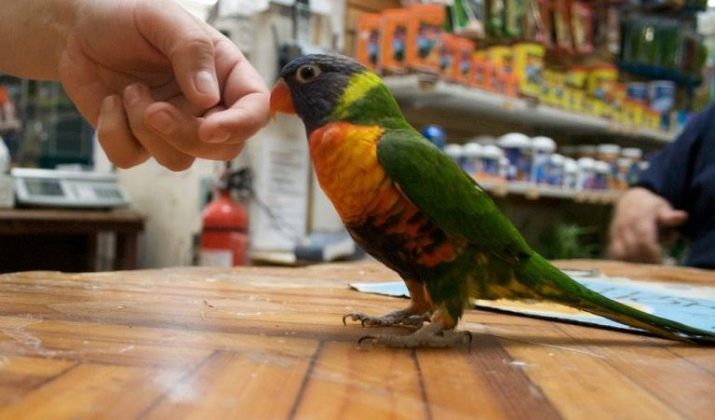
It happens that during training for hands the parrot does not immediately sit on the hand, but first bites it. The reason is instinct. In the wild, before sitting on a branch, intelligent birds first test its strength with its beak. So domestic parrots instinctively continue the "traditions of their ancestors." In this case, you should not pull your hand sharply - the pet will decide that it was not quick enough and next time it will bite harder.
The same reaction can be provoked if you reach out to the cage or try to take your favorite toy.
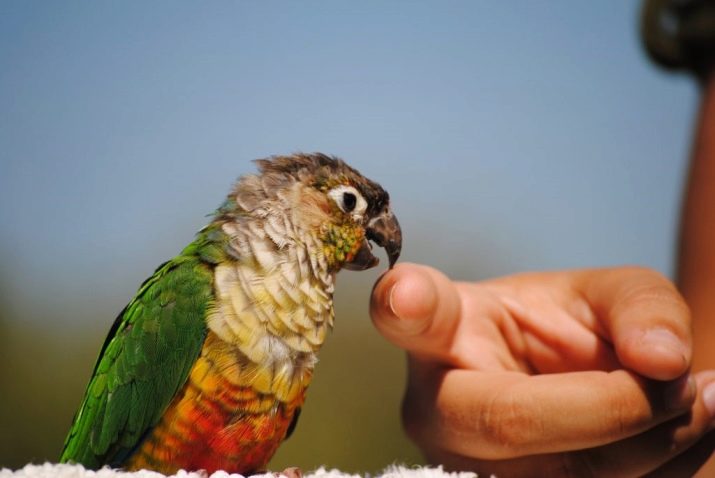
How to wean?
Parrots are very smart birds, they not only distinguish the emotional coloring of the voice, but they are also able to "read" the expression on their faces. In many ways, they remind children, and you need to act with them the same way - neatly, delicately, but at the same time persistently and uncompromisingly.
Aggression here will be a bad ally. This will either offend the bird, or scare it or piss it off. In any case, the result will be even more active attacks.
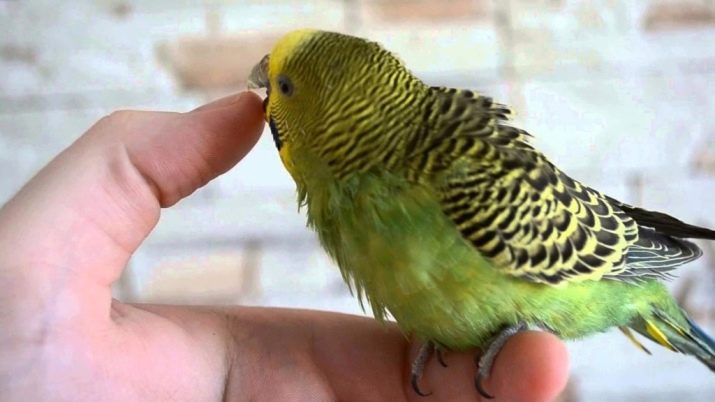
Loud screams are perceived by these mischievous people as signs of pleasure, because they themselves love to make noise. So it makes no sense to yell at them - it will be perceived as encouraging and approving their actions.
It is best to strictly, calmly tell the bird "You can’t" and leave the room, leaving it alone. Of course, not the first time, but after the third or fourth, but the feathered one will understand that he is unhappy with his actions, and stop hooligan.
You can do the following. Once the parrot’s “biting” intent was revealed, you need to try to divert his attention to something else - a toy, goodies, etc. And so, time after time, gradually weaning the feathered from this bad habit.
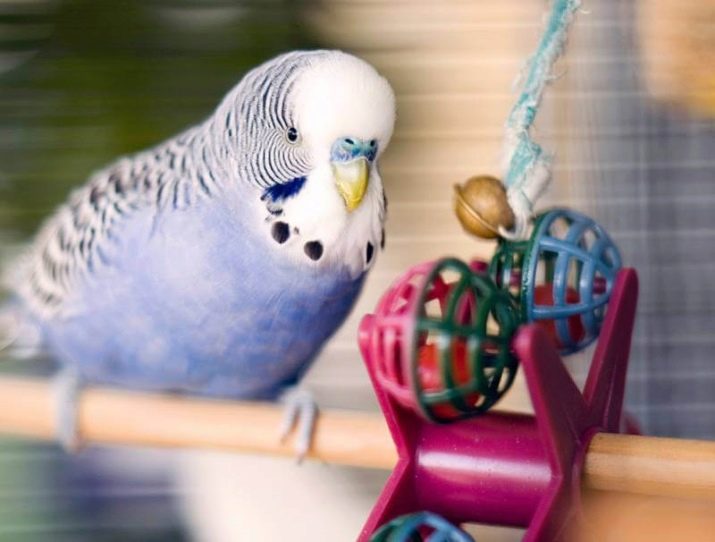
Often the cause of bites is fear. Sudden sounds can scare the bird - for example, a working vacuum cleaner, coffee grinder, hair dryer, washing machine and more. In order not to be attacked every time during washing or cleaning, you need to accustom your pet to these sounds. This is done as follows. As soon as the household appliance turns on and a sound frightening to the bird is heard, you need to approach her, talk affectionately and treat him with something tasty, so that the disturbing noise becomes associated with the owner’s affection and treat.
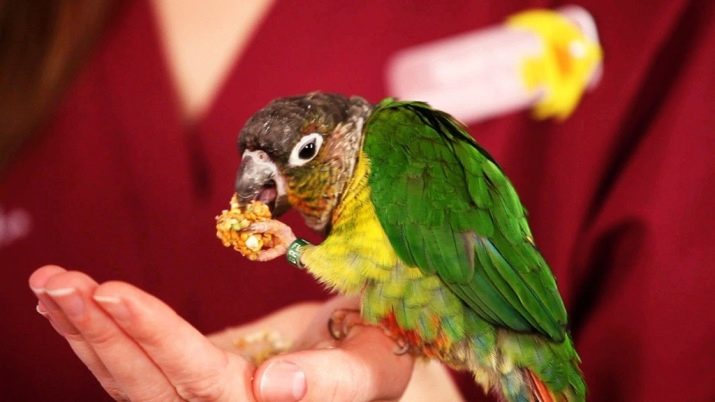
If the parrot is young, then in case of bites, you can gently squeeze his beak and draw out “Nooooooooooo.” Chicks thus study the world, so if the bites are not very painful, it may be worth a little patience.
Patience in the mating season will not hurt. At this time, parrots become more irritable, nervous, moody. It’s better to wait until they calm down and take no action - just leave the birds alone.
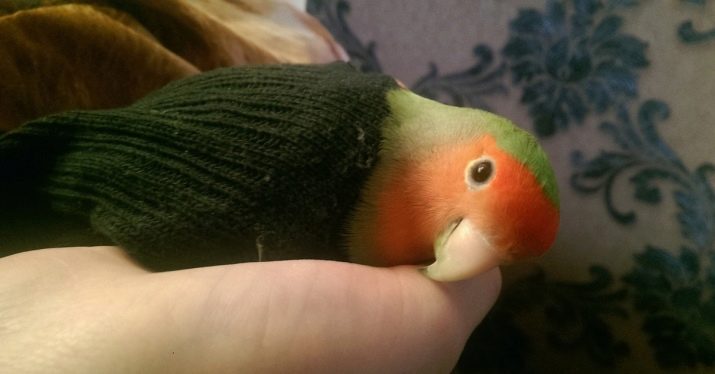
In general, weaning a parrot is not so difficult if a warm, trusting relationship is established between him and the owner. These birds are very smart, they quickly realize that their behavior offends the owner or causes his discontent. As soon as they realize this, immediately cease their "wrecking" actions. Or continue - if the owner for some reason causes them negative emotions.
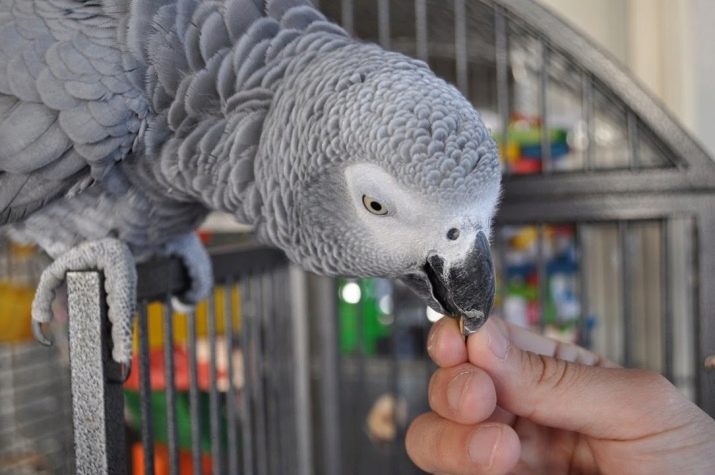
Regardless of the breed, parrots are smart and quick-witted. If the cause of the bites is episodic - a sharp noise, an attempt to take a toy, a bad mood - it will not be difficult to wean them from this habit. And the bad character lends itself well to adjustment. Everything else - malaise, mating season, young age - requires only timely identification, patience and (in case of illness) - an immediate appeal to a specialist.
For more information on how to wean a parrot from biting, see below.
